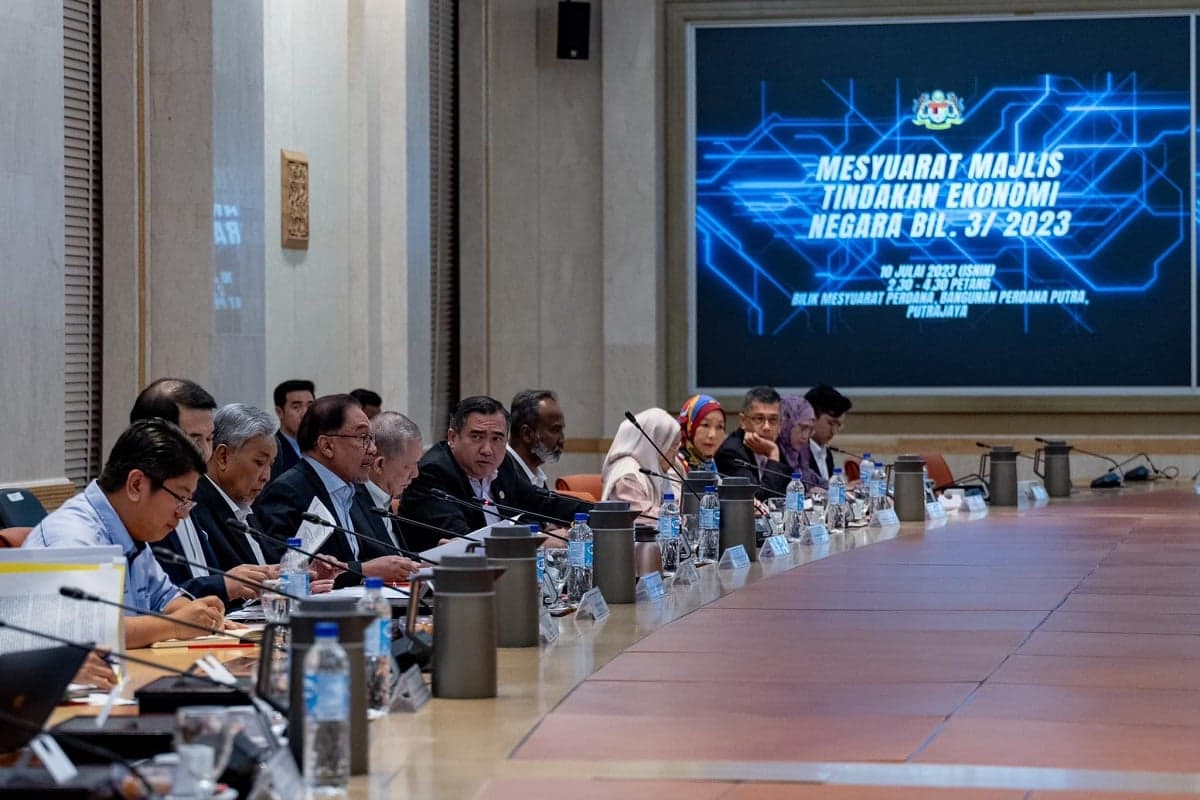
KUALA LUMPUR (July 12): Malaysia's ambitious target of achieving a 70% renewable energy (RE) capacity mix by 2050 will open opportunities for sector players, said MIDF Research.
The research house noted that the 70% target sets a significant increase compared to the previous targets of 31% by 2025 and 40% by 2035, and requires total investments worth RM637 billion by 2050, according to the Minister of Economy.
The government's strong support for developing a "green economy" has created pockets of opportunities within the sector, particularly in the RE space.
MIDF Research in a note on Wednesday (July 12) said YTL Power (Buy, target price (TP): RM1.54) emerges as a top pick with its focus on RE exports and efforts to build up RE and data centre capacity.
Another potential beneficiary is Tenaga Nasional Bhd (Neutral, TP: RM10), expected to benefit from grid investments to accommodate the variable RE growth in the energy mix.
Ranhill Utilities Bhd (Buy, TP: 73 sen), primarily known for its water operations, is also making strides to expand its RE capacity, participating in programmes such as the Large-Scale Solar (LSS) and the Net Energy Metering and Renewable Energy Power Purchase Agreement (CGPP).
Aside from these key players, RE engineering, procurement, construction, and commissioning (EPCC) companies like Solarvest, Samaiden, Sunview, and Pekat are set to benefit from the country
MIDF noted that the National Energy Transition Roadmap (NETR) will kick off with 10 national flagship projects developed in collaboration with the private sector to drive economic structural reforms.
Legislative reforms and incentive funding will be implemented in the second phase to expedite the transition and facilitate the expansion of RE capacity, it added.
MIDF predicts that the growth in RE capacity will enable surplus generation to be shared with neighbouring countries through cross-border RE export mechanisms.
It noted that implementing the RE development plan will prioritise self-contained systems to attract investments along the RE value chain while diversification of RE programmes will also be encouraged through a willing buyer-willing seller approach to facilitate corporate participation.
Additionally, direct allocations from the development budget will support the installation of solar systems on government buildings, providing cost-savings on electricity bills for government ministries and agencies.
Furthermore, Malaysia plans to unveil a hydrogen economy technology roadmap in the second half of 2023 to support the development of its hydrogen industry, which can play a vital role in decarbonising industrial sectors and meeting the growing demand for green hydrogen in the Asia-Pacific, aligned with the country's climate objectives outlined by the International Renewable Energy Agency (IRENA).
